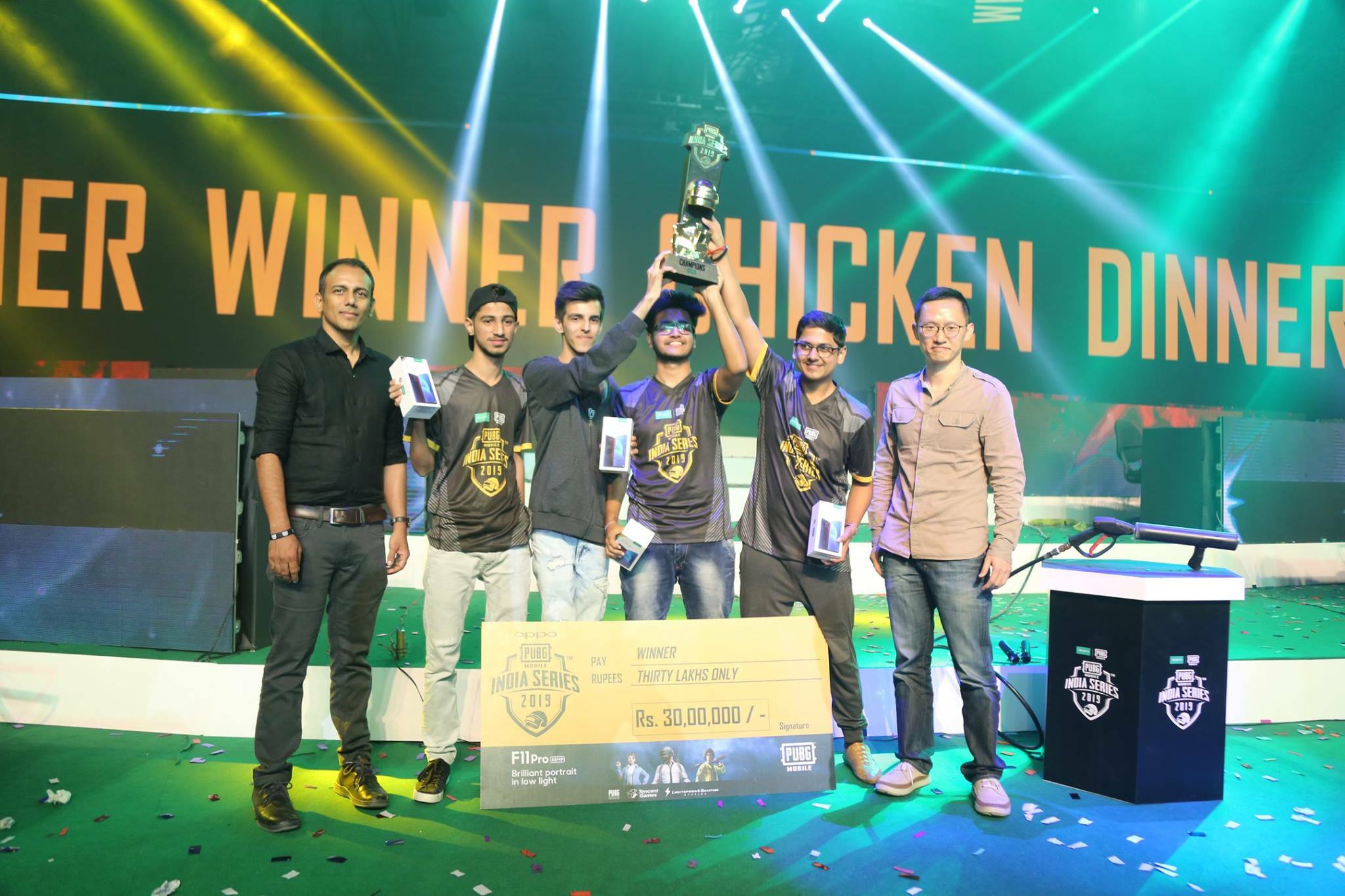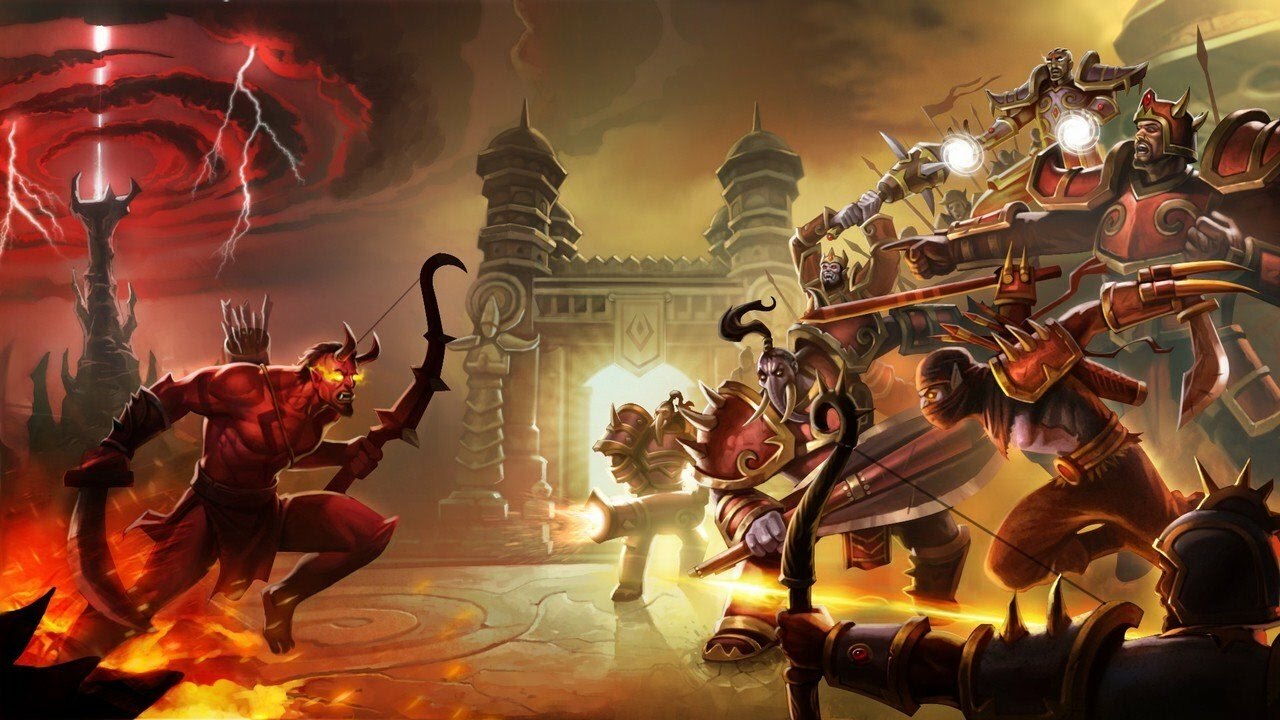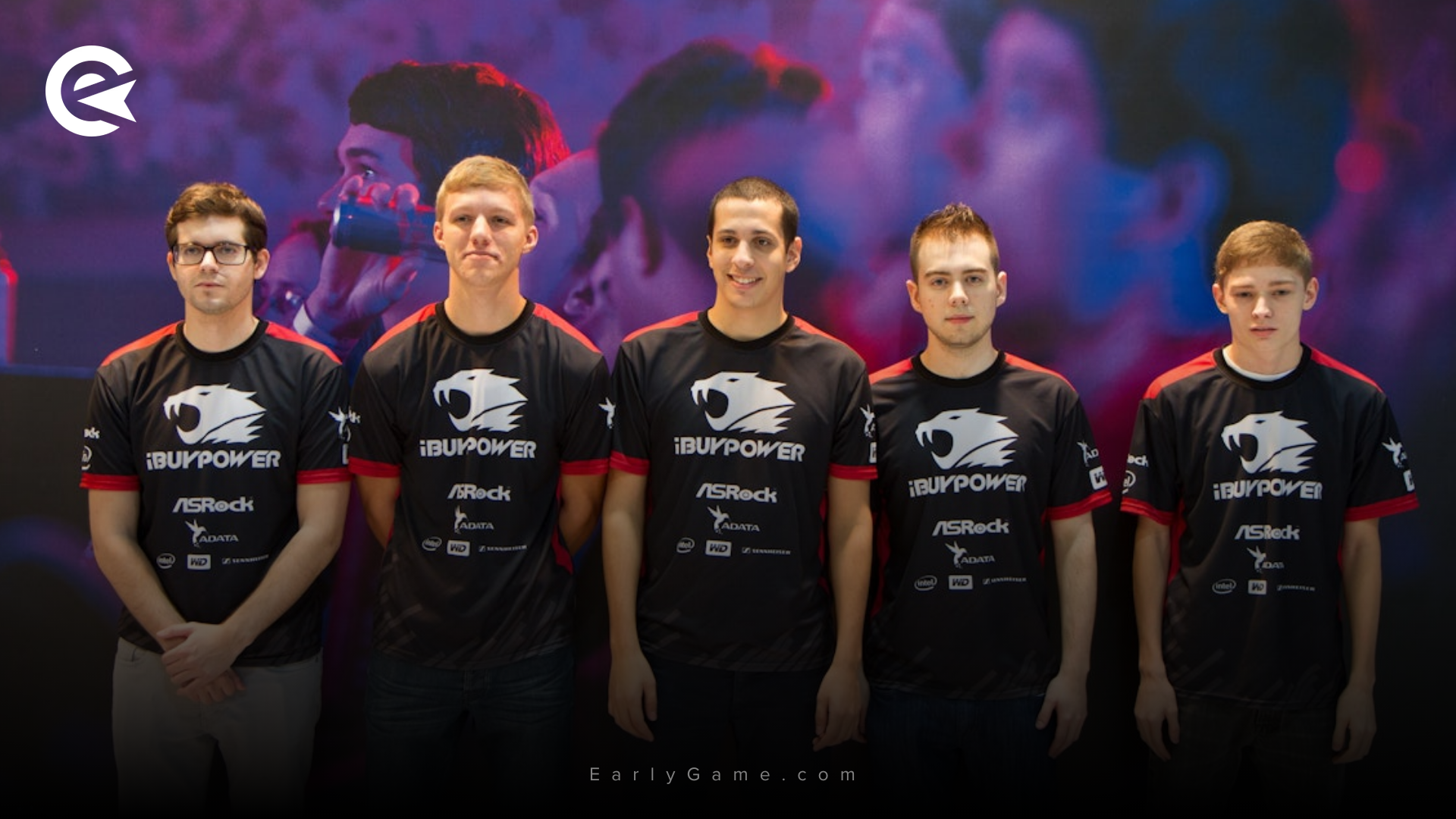Counter-Strike has always been a game of skill, strategy, and precision, but beneath its competitive integrity lies a darker, less-discussed reality: cheating and match fixing.

When most players think of cheating in CS, their minds immediately go to the common experience of encountering a hacker in a casual matchmaking lobby – an inevitable frustration for any long-term player. However, the professional scene has long been plagued by cheating allegations, suspicious gameplay, and even outright match fixing scandals.
A Lot Of Controversy
In the modern era of CS2, where nearly every tournament game – regardless of the level of play – is livestreamed, accusations flood social media at the first sign of questionable play. The recent controversy surrounding Blagoi "oxygeN" Dimitrov is just the latest example of this ongoing issue. Following a match between 500 and B8 on Mirage, several suspicious clips surfaced, leading to accusations of cheating.
Explain to me how a person always guesses where the enemy is standing, and when the avp is on the kt he jumps it. 4 identical rounds 4 different performances, fantasy?https://t.co/waJCsVOMPjhttps://t.co/b4JlPQRkn3https://t.co/R4D4OqCioghttps://t.co/sxFzYYrqYS
— kensizor (@kensizor771) February 15, 2025
Even professional players like Owen "smooya" Butterfield and Ilya "m0NESY" Osipov weighed in, with m0NESY famously tweeting, "Just a game sense :)" – a sarcastic jab at the situation.
Just a game sense :)
— IlyaO (@G2m0NESY) February 17, 2025
The KQLY And Forsaken Incidents
One of the most infamous cheating incidents in CS history dates back to 2014 when Hovik "KQLY" Tovmassian received a Valve Anti-Cheat (VAC) ban. On November 20, KQLY’s career came to an abrupt halt, as did the dreams of his team, Titan eSports, who were disqualified from attending the DreamHack Winter 2014 Major. The very next day, KQLY admitted in a public statement that the ban was "justified," confirming that he had indeed used a cheat.
The moment quickly became a part of CS history, in large part due to the reaction of his then-teammate Adil "ScreaM" Benrlitom, who was live on Twitch when the news broke. His now-legendary reaction – "KQLY VAC-banned? No. Seriously? No. Seriously? No." – perfectly captured the shock that swept through the community.
One of the most comical cheating moments in CS history occurred in 2018 when Optic India’s Nikhil "forsaken" Kumawat was caught red-handed using cheats mid-tournament. During the eXTREMESLAND Asia Finals, administrators physically inspected his PC and found a program named "word.exe" running in the background – his poorly disguised cheat software.
The moment he was confronted, forsaken frantically tried to delete the file, but it was too late. The clip of his desperate attempt to cover up his cheating remains one of the most hilarious moments in CS history.
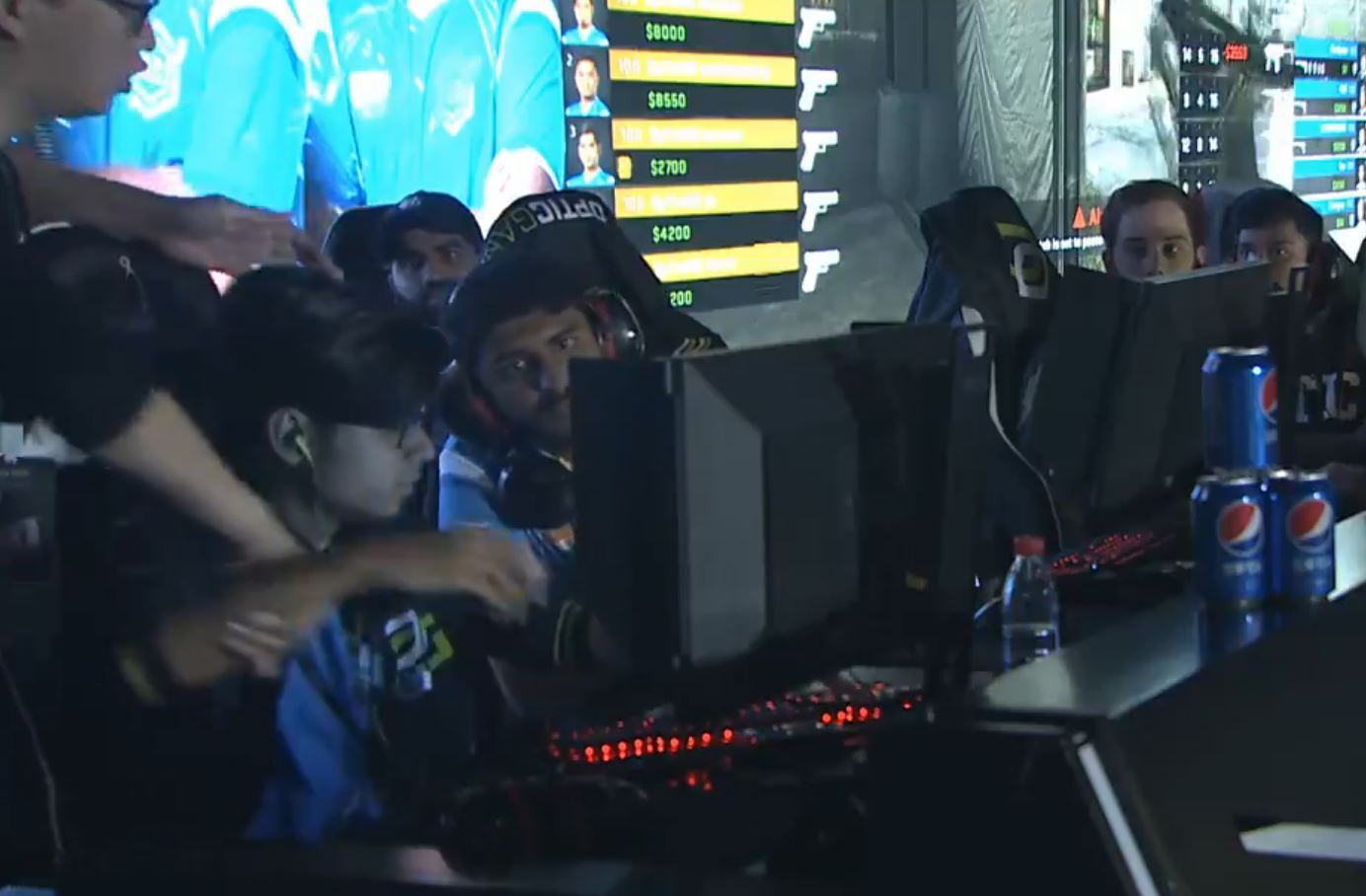
The iBUYPOWER Match Fixing Scandal
While those cases are the most famous cheating scandals, the most infamous match-fixing incident occurred around a similar time span to the KQLY ban, involving iBUYPOWER, then the best North American team. On August 21, 2014, during a CEVO Professional Season 5 match, iBUYPOWER faced NetCodeGuides.com in a game that raised immediate suspicions. iBUYPOWER’s performance was blatantly uncharacteristic, and allegations of match-fixing quickly surfaced.
The case took a dramatic turn in January 2015 when a former girlfriend of iBUYPOWER player Derek "dboorn" Boorn leaked incriminating text messages. The texts revealed that the team had intentionally thrown the match, betting against themselves using alternate accounts to collect winnings from the at-the-time popular CS:GO Lounge betting platform. The key figure behind the bets was identified as Duc "cud" Pham, who used nine accounts to secure nearly $11,000 in winnings.
Valve responded swiftly, permanently banning six players – Sam "DaZeD" Marine, Joshua "steel" Nissan, Braxton "swag" Pierce, Keven "AZK" Larivière, dboorn, and cud – from all future Valve-sponsored tournaments.
iBUYPOWER’s star player at the time, Tyler "Skadoodle" Latham, refused to participate in the scheme and, as a result, was the only one spared from punishment. Years later, he would go on to win the 2018 ELEAGUE Boston Major with Cloud9, marking the pinnacle of North American CS success.
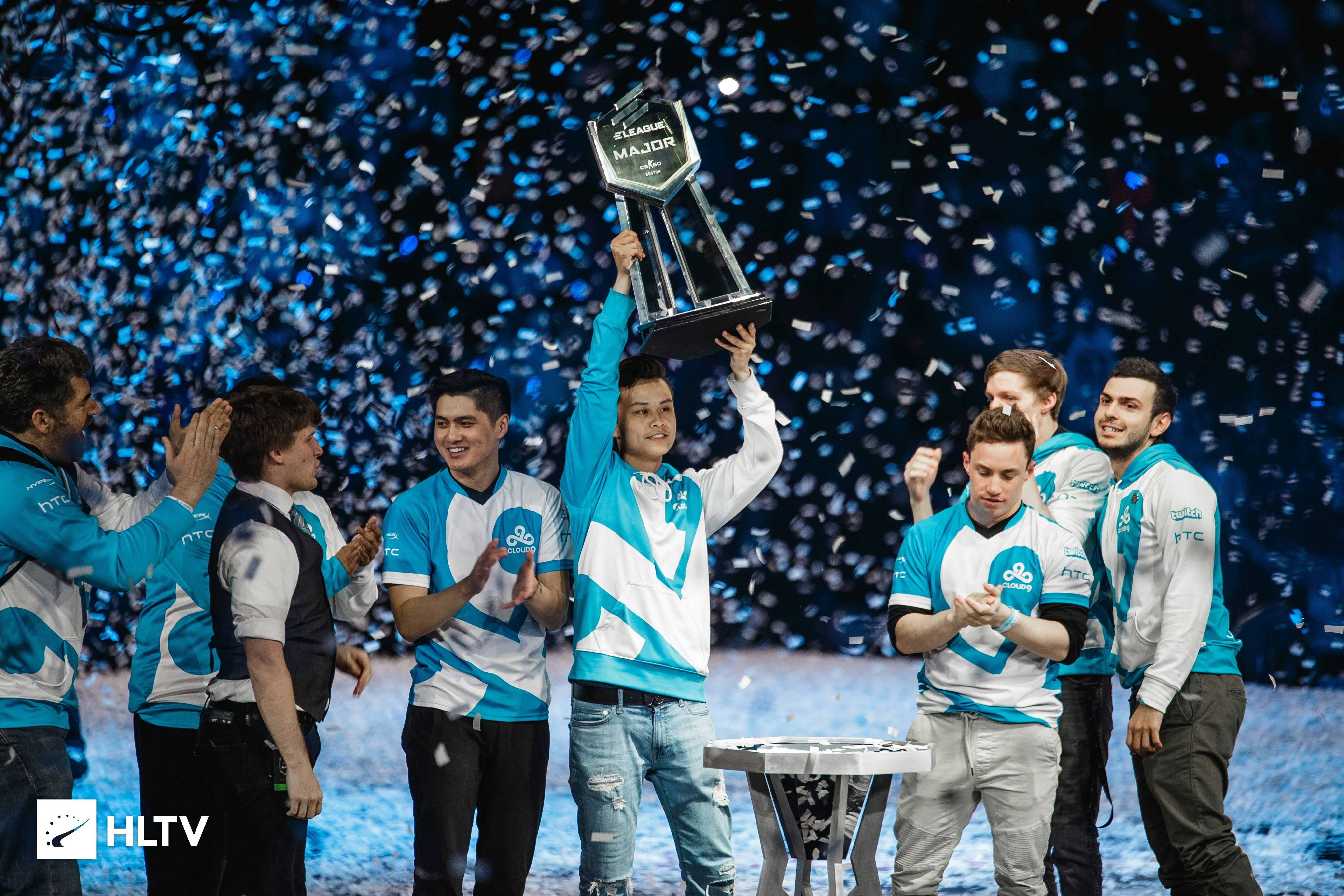
CS2: A Decade Later, The Issues Remain
Fast forward to 2024, the game transitioned from CS:GO to CS2, but these problems have not disappeared. Even with more advanced anti-cheat technology and increased scrutiny, professional Counter-Strike still faces cheating allegations and match-fixing scandals.
During the open qualifiers for the PGL Copenhagen Major 2024, a very interesting case of cheating was caught in real-time. As I was casting the match between 00Nation and a squad known as "apa7ty," a player named "biffy66" blatantly toggled cheats in multiple rounds.
Every time 00Nation, who at the time featured Jon "JDC" de Castro and Florian "syrsoN" Rische, were closing in on winning the game, biffy magically managed to get a crucial multikill. Despite apa7ty securing a 22-20 victory, biffy was banned shortly afterward, and 00Nation was reinstated into the tournament.
The same year, another high-profile case emerged, involving Swedish pro Joel “joel” Holmlund. Competing with BC.Game in the CCT Season 2 Europe Series 7, he was banned mid-match by the Akros Anti-Cheat system. Joel was already a controversial figure, having served a suspension for match-fixing just a year prior, and his latest ban only added to his already questionable reputation.
These incidents show that while blatant cheating is still being caught, many cases likely slip under the radar. Match-fixing, in particular, remains a major issue due to the combination of low salaries in lower-tier CS2 and the presence of unregulated betting markets.

In April 2024, the Esports Integrity Commission (ESIC) issued a two-year ban to Russian player Erkhan "Gokushima" Bagynanov. Unlike some of the vague allegations that surface online, ESIC bans only come when there is absolute certainty. In their statement, they referenced "detailed interview transcripts and corroborating evidence, including admissions, obtained during the investigation."
This case further highlights how match-fixing remains an ongoing issue, particularly at lower levels of competition, where players are more susceptible to financial incentives.
The Real Scope Of The Problem
One of the biggest challenges in combating cheating and match fixing in CS2 is the lack of definitive evidence in many cases. While blatant incidents like forsaken’s word.exe scandal or biffy66’s mid-match toggle are easy to detect, many players fly under the radar, using subtle cheats or engaging in carefully planned match-fixing schemes.
The real number of cases – what us Germans would be calling the "Dunkelziffer" – is likely much higher than what gets reported. I know for a fact that there are German players in Tier 2, who have been offered money to throw matches and declined. If those are just the ones who refused, how many have accepted?
The unfortunate truth is that as long as there are financial incentives and gaps in anti-cheat detection, cheating and match fixing will continue to plague CS2. The only question is: how many more scandals will it take before real change happens?
One Possible Solution – At Least For Cheating
Legendary CS2 caster and former player Chad "SPUNJ" Burchill recently proposed the idea of players in selected online tournaments should be forced to have a webcam BEHIND them.
SPUNJ suggests a possible solution after the accusations against 500:
— HLTV Confirmed (@HLTVconfirmed) February 25, 2025
"If you wanna play on these online tournaments, you need to supply a webcam feed, and it needs to be behind you." pic.twitter.com/f8Fagjyv2n
This would indeed decrease the cheaters' options of potentially radar-hacking or seeing through walls. Whilst there may still be software programs providing aim-assistance, this could indeed be a more than useful solution for the time being.
Sooner or later, though, Valve will need to step up. A kernel level anti-cheat, which Riot already forces Valorant players to use, may be the best bet for more security in this regard. It should be in their best interest, since teams that farm online tournaments may get themselves into the Major cycle, due to the new Valve Ranking rules. Also, casual players would likely enjoy a cleaner experience too, not having to face cheaters every now and then.
We can only hope, that one day we will have a proper solution, but it is what it is in life. There will always be abusers and cheaters, fair play and integrity are not for everyone, sadly.
























